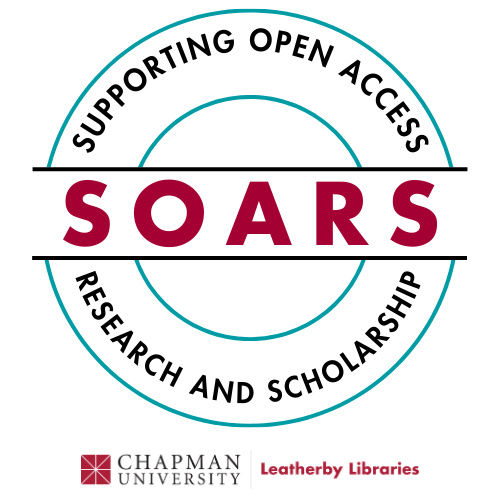Document Type
Article
Publication Date
6-21-2025
Abstract
During the 2020 worldwide lockdowns due to COVID-19, qualitative researchers were restricted to online communication (e.g., Zoom) to gather qualitative interview data. Since that time, qualitative researchers have increasingly transitioned from conducting interviews primarily in person to conducting interviews using online communication technologies such as Zoom, but little is known about how interview approaches may impact the interview experience or data quality. This study explores differences between face-to-face (FTF) and online (Zoom) interviewing approaches, data quality, and interviewee perceptions of rapport, empathy, and conversational involvement. Participants were assigned to an interview condition (FTF or Zoom) and randomly assigned to one of two qualitative interviewers. The interview topic was mental health communication. After the interview was completed, participants completed a post-interview survey measuring perceptions of interviewer empathy, rapport, and conversational involvement. The results revealed statistically significant differences between interview conditions and participants’ perceptions of empathy and rapport. Perceptions of rapport and empathy were rated highly for both interview approaches, but significantly higher in FTF when compared to Zoom for a subset of the sample. There were no statistical differences between the FTF and Zoom approaches when considering conversational involvement or data quality.
Recommended Citation
Anthony, K., Miller-Day, M., Dupuy, M., Ventura, J., Hodges, A. L., Alonso-Pecora, D., & Dimas, H. (2025). Is there really a difference? A comparison of in-person and online qualitative interviews. International Journal of Qualitative Methods, 24. https://doi.org/10.1177/16094069251349580
Copyright
The authors
Creative Commons License

This work is licensed under a Creative Commons Attribution-Noncommercial 4.0 License


Comments
This article was originally published in International Journal of Qualitative Methods, volume 24, in 2025. https://doi.org/10.1177/16094069251349580
This scholarship is part of the Chapman University COVID-19 Archives.
This article was the recipient of a Chapman University Supporting Open Access Research and Scholarship (SOARS) award.